A comprehensive guide to hemp insulation: a sustainable choice for insulating homes
Hemp insulation is quickly becoming one of the most popular materials chosen for sustainable property owners who want to improve efficiency and make their homes green. As the focus on green building materials grows, hemp has emerged as a great alternative to traditional insulating materials such as fiberglass, foam or cellulose.
This guide covers everything you need to know about hemp insulation, including its benefits, costs, where to buy it, how hemp insulation compares to other materials, and legislation around its use in certain regions such as the USA and Canada.
What is hemp insulation?
Hemp insulation is made from the fibrous part of the hemp plant which is processed into batts, boards, or loose-fill insulation products. Historically, this natural material has served a variety of uses, and as demand for eco-friendly products increases, it is becoming more known for its insulation abilities.
One of the standout features of hemp insulation is its breathability. It enables moisture to migrate safely through the material so mold and mildew don't take hold, which is a frequent problem with standard insulation. And as it is naturally pest resistant, hemp is a durable and long-lasting option.
Hemp insulation is effective in regulating temperature but also excels in acoustic performance. Additionally, hemp is biodegradable and fully non-toxic, providing a much healthier option for both the environment and the life of those in the space, especially if the space is constrained like in a tiny home or THOW.
Benefits of hemp insulation for sustainable homes
The lifecycle of hemp wool is a very appealing one from an environmental standpoint. Simply compare the manufacturing process; to produce a panel of hemp wool in the thickness needed to obtain a value of R10 requires 3.4 kWh of energy, while it takes 5.5 kWh to produce that value in cellulose, 15.6 kWh for mineral wool and 48.4 kWh for polyurethane*.
*Calculations by Denis Boyer, energy-efficiency coordinator for Ecohome.
For those wishing to reduce their impact during construction and renovations, it’s worthwhile to consider the embodied energy of products and remember that polyurethane requires an input of 14 times more energy to achieve the same thermal performance as hemp. And at the end of life, hemp insulation is reusable and/or recyclable, which is not the case for polyurethane.
Hemp wool has many other benefits when used as an insulation choice. It is non-toxic, it reduces sound transmission and it is very resistant to pests. Hemp is also vapor-permeable - meaning that moisture moves right through it. This allows hemp to help regulate the flow of vapour that results from differences in indoor and outdoor temperatures, which helps regulate the indoor climate and relative humidity of your home.
Denis Boyer also points out that a well-designed wall insulated with hemp has the advantage of allowing the drying not only of the moisture contained in the structural material at the time of construction, but also of the building envelope in the event of any moisture or water infiltration (infiltration from outside or leak from the inside).
Being a natural and non-toxic material ensures that installation is safer and easier than many other types of insulation with no special safety gear or gloves required.
Choosing hemp insulation for a sustainable home comes with numerous advantages:
-
Energy efficiency: Hemp is a natural thermal insulator that helps keep homes warm in winter and cool in summer, reducing the need for heating and air conditioning. By increasing the energy efficiency of the home, it helps homeowners save on energy bills.
-
Sound insulation: Hemp insulation offers excellent soundproofing properties. It absorbs sound and prevents it from traveling between rooms, making homes quieter and more comfortable.
-
Environmental impact: Hemp is a renewable resource that grows quickly, requires minimal water, and doesn’t need pesticides. Compared to traditional insulation materials like fiberglass, hemp is much more eco-friendly.
-
Health and safety: Hemp insulation doesn’t contain harmful chemicals, which is common in some synthetic materials. It’s a natural, non-toxic option that ensures a healthy indoor air environment.
-
Sustainability: The carbon footprint of producing hemp insulation is significantly lower than that of synthetic alternatives. Hemp sequesters carbon dioxide during its growth, making it a carbon-negative material when used in construction.
Hemp insulation in the USA: Impact of legislation and market trends
In the United States, hemp insulation is gaining momentum, particularly following the legalization of industrial hemp cultivation under the 2018 Farm Bill. This landmark legislation opened the door for more widespread production of hemp and hemp-based products, including insulation. As a result, many homeowners and builders are now exploring the use of hemp in construction, thanks to its sustainability and natural insulating properties.
The demand for eco-friendly construction materials is also increasing across the country. States such as California, New York, and Washington have been leaders in pushing for green building practices, providing a boost to the hemp insulation market. Local and federal incentives aimed at reducing carbon footprints are encouraging the use of sustainable materials like hemp.
Despite these developments, the market for hemp insulation in the USA is still evolving. The availability of hemp-based products can vary by region, and while major cities may have easy access to suppliers, rural areas may face challenges in sourcing this material. Nevertheless, the ongoing push for more sustainable construction methods is likely to drive further growth in the hemp insulation market.
Hemp insulation in Canada: Provincial support and local production
In Canada, the adoption of hemp insulation is particularly strong in Quebec, where the provincial government has been actively supporting the growth of the hemp industry. Quebec is home to several manufacturers producing locally sourced hemp insulation products, helping to reduce transportation-related emissions and support local agriculture.
For example, Nature Fibres is a young company based in the town of Asbestos, Quebec, which began manufacturing hemp insulation in the winter of 2018. As the town’s name suggests, it was heavily reliant on the manufacturing of asbestos, but those mining and manufacturing facilities are closing their doors due to the associated health risks. Nature Fibres brings a badly needed economic boost to this old mining region, both in manufacturing hemp based building materials and farming.

After a year of construction and setting up manufacturing equipment, the company began operations in March 2018. This fall, locally harvested hemp will provide 75% of the raw material required for production. "25% of our hemp still comes from France," says Sébastien Belec, General Manager of Nature Fibres, "but we hope that local production will soon meet all of our needs".
Canadian Green Building Standards encourage the use of sustainable materials, and hemp insulation is being recognized as a viable option for meeting these standards. Moreover, provincial incentives, such as those in Ontario and British Columbia, have made it easier for builders to integrate hemp into their construction projects.
As more Canadians embrace sustainable living, hemp insulation is becoming a popular choice for those looking to improve their homes' energy efficiency while supporting local businesses and reducing their carbon footprint.
Embodied carbon and hemp insulation: A greener choice
Embodied carbon refers to the total carbon emissions associated with producing a material, including the extraction, manufacturing, and transportation processes. Materials with low embodied carbon are essential for reducing the overall environmental impact of construction.
As a crop, hemp requires no pesticides or insecticides and consumes very little water. It can also sequester 5 times more CO² than wood during the same growing period. In addition, it can bring value to idle land since it is grown as part of a normal crop rotation.
Hemp insulation has a low embodied carbon compared to traditional insulation materials like fiberglass and foam. While the production of fiberglass and foam requires large amounts of energy, hemp grows quickly and requires minimal resources, which makes its production much less energy-intensive. Additionally, hemp plants sequester carbon dioxide from the atmosphere during their growth, making it a carbon-negative building material when used in construction.
By using hemp insulation, homeowners can significantly reduce the embodied carbon of their building projects, contributing to a more sustainable future. In comparison, traditional insulation materials typically have a higher carbon footprint due to their energy-intensive production methods.
Hemp insulation vs. traditional insulation materials: A comparison
When comparing hemp insulation to traditional materials like fiberglass, foam, and cellulose, several key differences emerge:
-
Environmental impact: Hemp is a renewable resource, unlike fiberglass, which is made from sand and other raw materials, or foam, which contains chemicals harmful to the environment. Hemp insulation is biodegradable and can be safely composted at the end of its life, whereas traditional insulation materials often contribute to landfill waste.
-
Health concerns: Fiberglass insulation can release tiny particles that irritate the skin and lungs during installation. Hemp insulation, on the other hand, is non-toxic and doesn’t pose any health risks.
-
Thermal performance: Hemp insulation generally offers an R-value of about 3.5 per inch, which is comparable to fiberglass and cellulose. While foam typically has a higher R-value, hemp insulation's additional benefits, such as breathability and soundproofing, make it a strong contender for those prioritizing environmental and health factors.
-
Durability: Hemp insulation is highly durable, resistant to pests, and naturally fire retardant. Unlike fiberglass, which can degrade over time, hemp retains its insulating properties for many years.
-
Cost: Hemp insulation tends to be more expensive than fiberglass or cellulose, but its long-term benefits, such as energy savings and improved indoor air quality, can make it a more cost-effective solution over time.
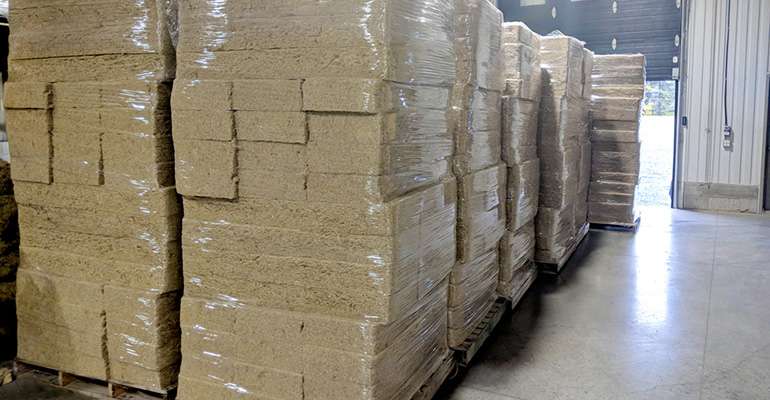
Where to buy hemp insulation: Sourcing the best hemp building products
Hemp insulation is available in various forms, including batts, boards, and loose-fill, which can be used in different areas of the home, such as attics, walls, and floors. The availability of hemp insulation varies by region, but with the growing popularity of green building practices, more suppliers are offering hemp-based products.
For homeowners in both the USA and Canada, local suppliers and online retailers are increasingly stocking hemp insulation, making it easier than ever to incorporate this sustainable material into a building project. While prices can vary based on location and product type, the growing demand for hemp insulation is driving prices down and making it more accessible.
To learn more about buying hemp insulation products locally, it’s best to explore specialized suppliers or consult with professionals who can provide guidance on the best products for specific needs.
Hemp insulation cost: Is hemp worth the investment?
The upfront cost of hemp insulation can be higher than that of traditional materials like fiberglass. On average, hemp insulation costs between $2 to $3 per square foot, which is significantly higher than fiberglass or cellulose. However, the long-term benefits often outweigh the initial cost. Hemp insulation’s excellent thermal and soundproofing properties can reduce energy costs over time, leading to savings in heating and cooling.
In addition to energy savings, using hemp insulation contributes to a healthier indoor environment by reducing exposure to harmful chemicals often found in traditional insulation materials. This can lead to improved air quality and overall well-being.

Hemp insulation reviews: What homeowners are saying
Homeowners who have installed hemp insulation often share positive feedback regarding its effectiveness in reducing energy consumption and improving indoor comfort. Many report noticeable improvements in temperature regulation and soundproofing, with homes feeling more comfortable year-round. Hemp insulation’s natural resistance to mold and pests is another key selling point, as it helps create a cleaner and healthier living environment.
While some homeowners note the higher initial cost, they find the investment worthwhile, especially when considering the long-term benefits in terms of energy savings and sustainability.
Conclusion for hemp insulation: It's a good choice if you have the budget
Hemp insulation is an excellent choice for homeowners who prioritize sustainability, energy efficiency, and health in their building projects. As awareness of the benefits of hemp grows, it is becoming an increasingly popular option for those seeking eco-friendly building materials. Whether in the USA, Canada, or elsewhere, hemp insulation offers a range of advantages over traditional options, from its low environmental impact to its superior performance in regulating temperature and sound.
For those interested in using hemp insulation, the availability of products is expanding, and with a range of options to choose from, homeowners can find the right solution for their specific needs. By choosing hemp insulation, homeowners can create energy-efficient, healthy, and sustainable homes that benefit both the environment and the people living in them.
Hemp insulation products available locally or online:
- Flexible and compressible insulation batts;
- masonry blocks;
- semi-rigid soundproofing panels;
- semi-rigid decorative and soundproofing panels;
- felts for subfloor insulation.
Now that you know about hemp insulation, find more pages about sustainable building products in the Ecohome Green Building Guide and these pages here:
And sign up here for a free Ecohome Membership and reap all the benefits! |




















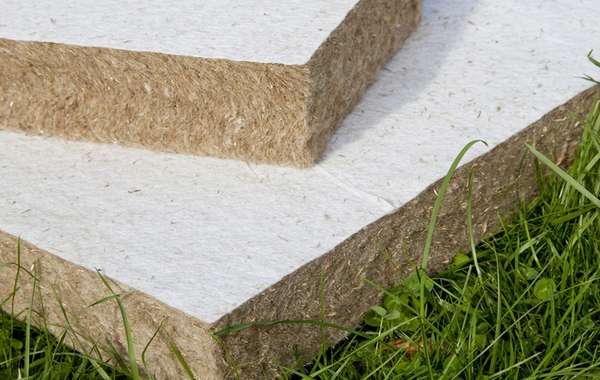
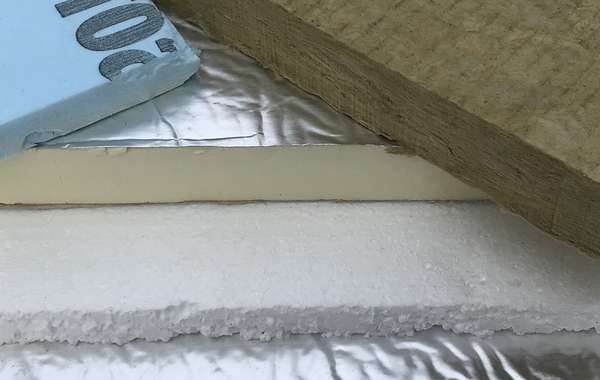
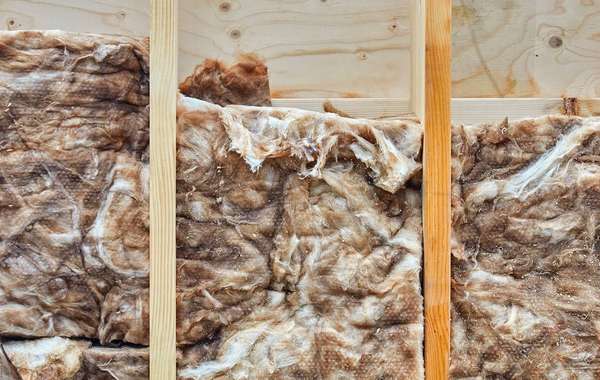
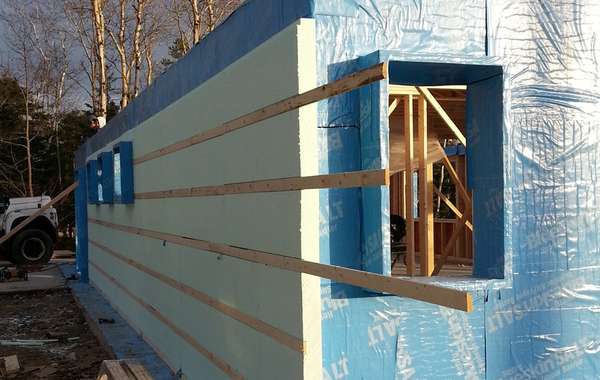
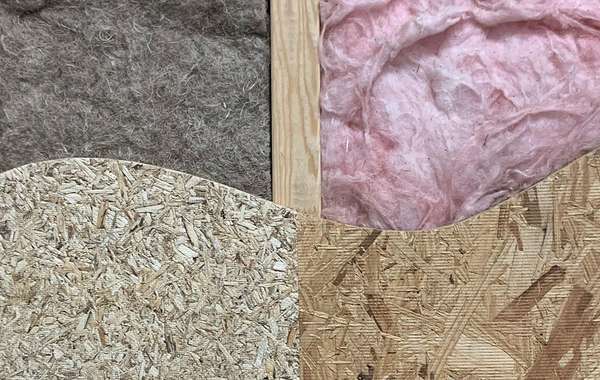

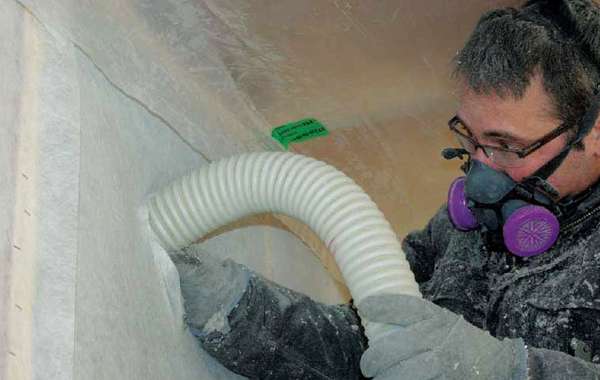

A lot of info here on this site, except how to buy it !!!! Im converting my van into a camper. I wanted to order some hemp insulation.
I'm also looking for hemp insulation for my van conversion that I get in December .
When you're looking where to buy hemp insulation products remember that it's often the transport cost that will bump the price up as you're mostly shipping air and transport companies will probably apply what's called a volumetric pricing. To find the best hemp insulation locally, try the Ecohome directory here.
Yes can you buy it
Where at?
We have had so many inquiries that we will for sure send out a notice when the directory is up and running, so best way to get word as soon as we can get you some hemp would be to join the Ecohome Network as member, its free and we don't spam or share addresses.
Stop the Presses! Local Hemp Insulation suppliers are now listed in the Ecohome Directory
This would be amazing as a lot of us are looking at a natural way of insulating our home on wheels... I am currently looking at purchasing this ... also supporting Canadian companies is huge upside as well... Please do notify us as soon as we can purchase this !!!.. and also... i'm look at this type of stuff for my business... thank you for thinking of the environment. I look forward to getthing to use your product. MERCI
I want to try it on an environmental project. please send information on how to purchase this product.
Where to buy?
Can I invest in this company?
Hi promising product but what is the r-value for a 2x6 wall or 5.5" wall
R valie ?
Hi Andrew, it's about 3.5 per inch.
Is this product available to buy?
Nope, appearently they just teasing us.
We are having a hard time tracking it down unfortunately. There is one supplier in Quebec we know of, there was a US supplier that went out of business so there seems to be less in circulation. We are working to improve that, and we will most definitely update this page when we have news. Sorry for the inconvenience!
I appreciate the update... still looking to support Canadian businesses... who want to support Mother Nature.
Availability around Chicago I'm hoping???
Cannot find a supplier anywhere near me. Northern California, anywhere betwenn 96093 and 95521 zip codes.